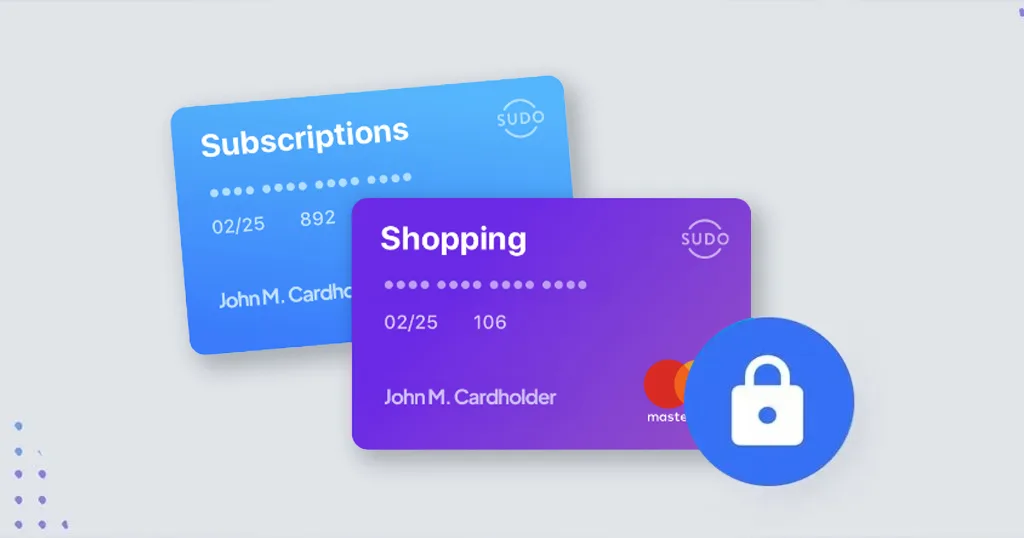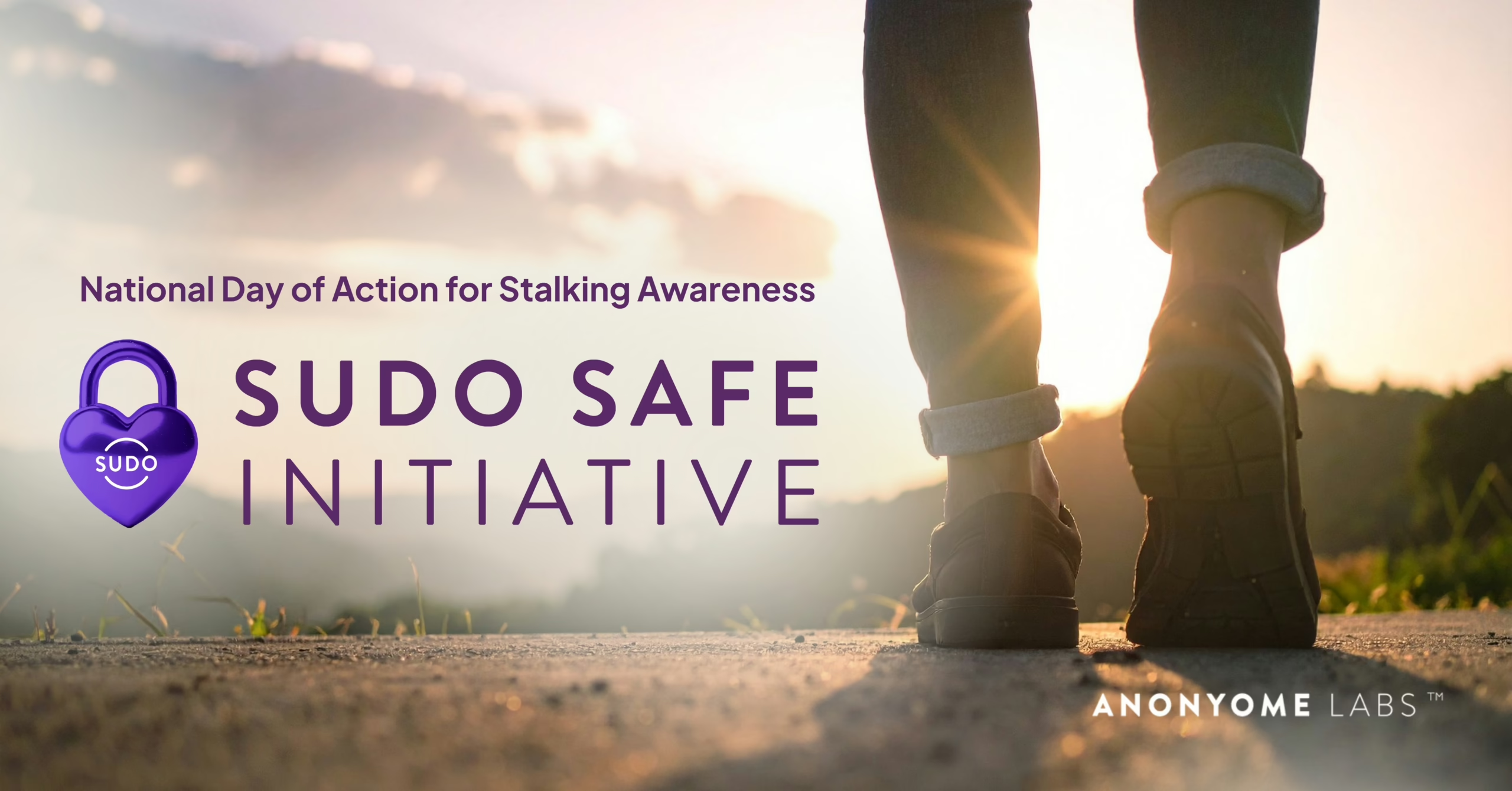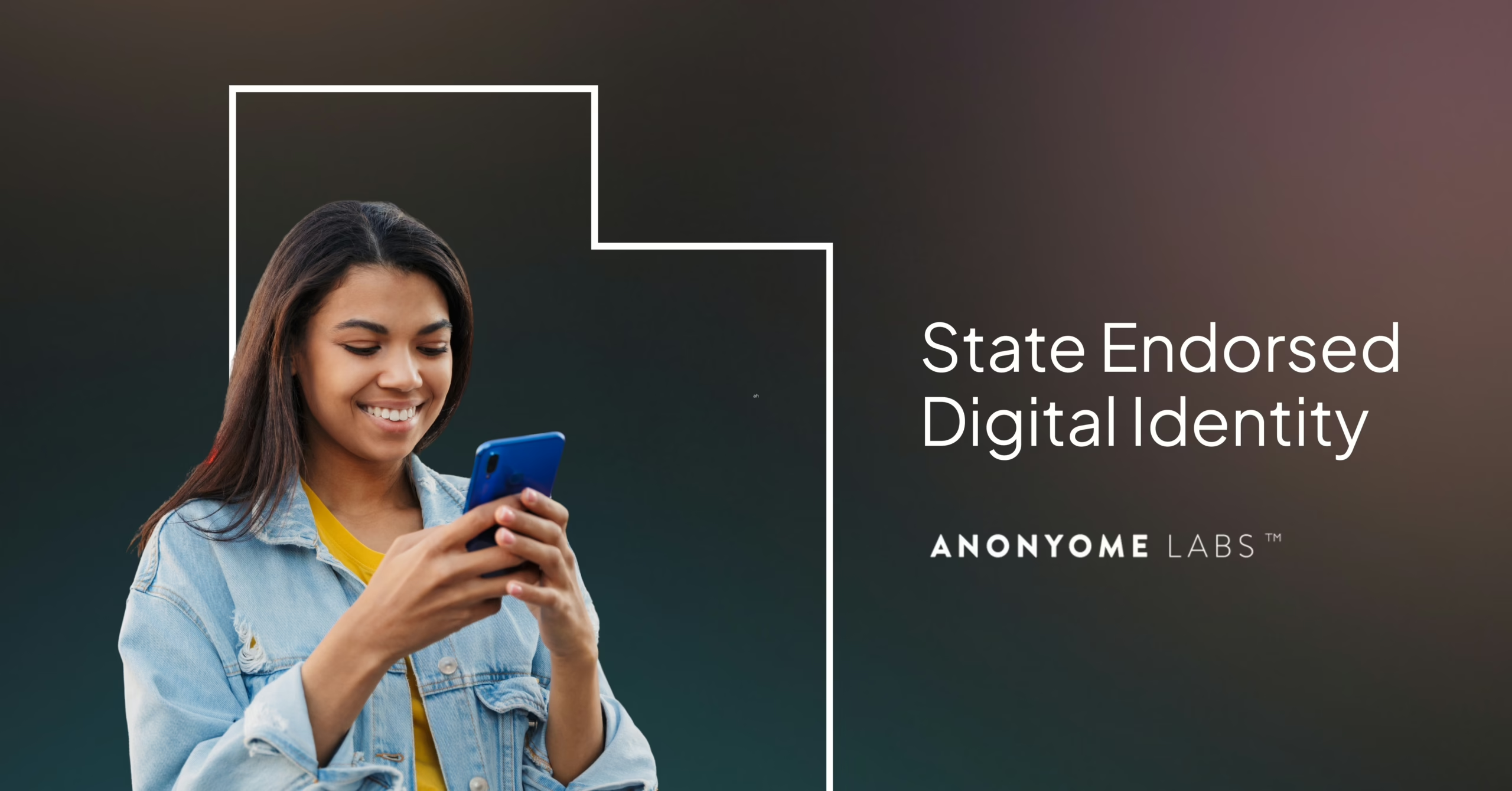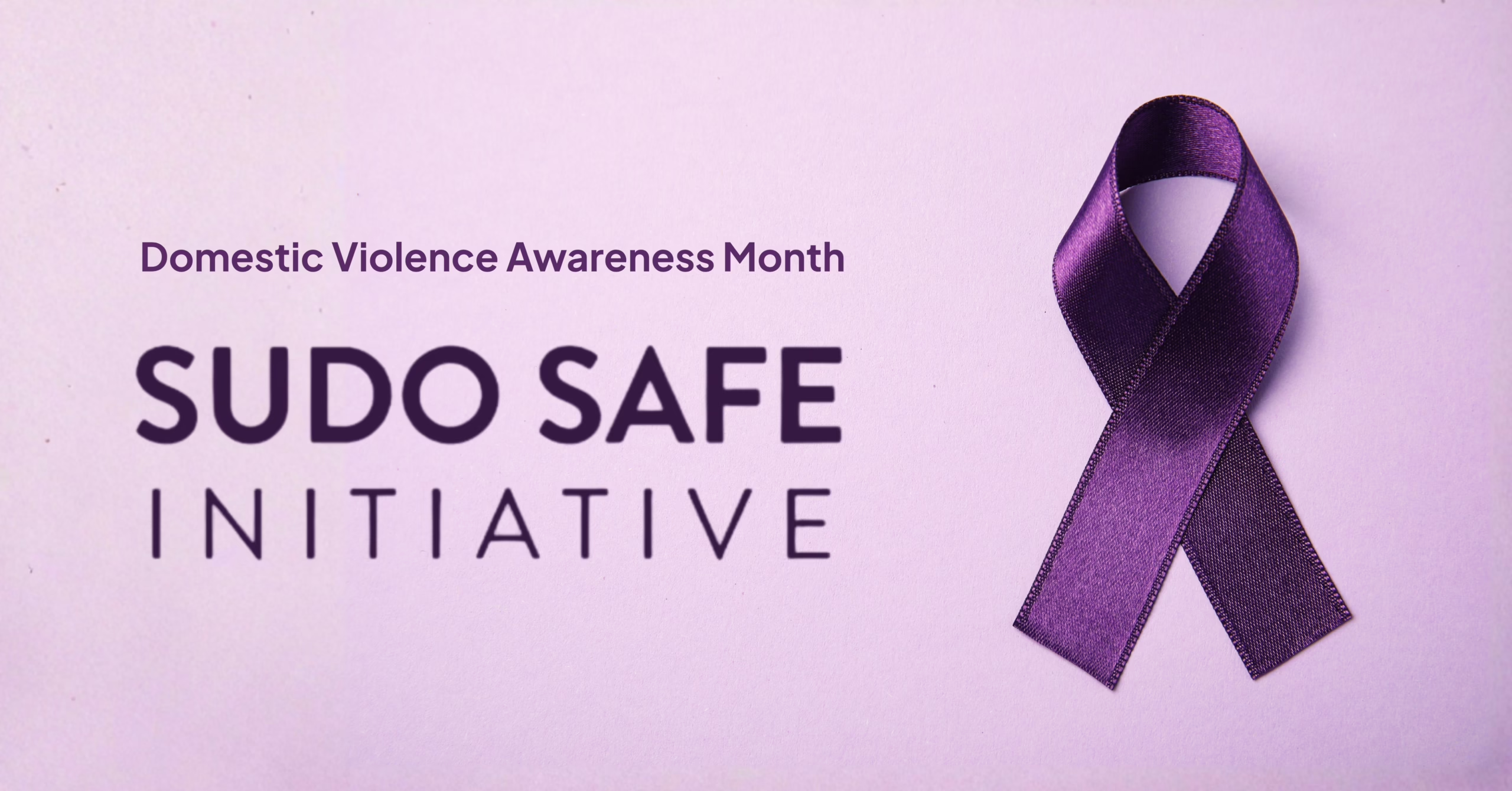Privacy is primarily about the freedom and ability to exercise control over access to your personal information. In your online activities, two great principles for controlling your privacy are:
- Share no more information than is required to get the outcome you want while acting lawfully.
- Compartmentalize your online activities to avoid your data being correlated and tracked across your activities.
Here, we show you how to apply these two principles to your use of MySudo virtual cards, for the most private shopping experience possible.
Since you will use your virtual cards in various scenarios, you’ll likely need more than one. You can have up to nine virtual cards at any time (one per Sudo identity).
Okay, so now let’s apply the two principles:
Share no more information than is required to get the outcome you want while acting lawfully
You can apply these principles when choosing the name and billing address on your virtual cards.
Use your legal name and your address
For some purchases you make with MySudo virtual cards, you will need to show identification when the products are delivered, or the merchant may already know this information about you because of the nature of the products or service they provide. For these shopping experiences, your identification must match the name on your payment method, so you could create a virtual card with your legal name and billing address.
Examples of where you might need this type of virtual card are making online rental payment, paying utility bills, and renewing your passport or licenses.
Use your legal name and an alternate address
For other purchases you make with MySudo virtual cards, you may have to show identification when collecting the goods, or the merchant may have to match the name on the virtual card with your legal name already associated with your account with that service. In these cases, your identification must match the name on your payment method, so you could create a virtual card with your legal name and an alternate address.
Examples of where you might need this type of virtual card are doing click-and-collect at big-box stores (Walmart, Target, Best Buy), obtaining fishing licenses, participating in online education, using travel sites, and making hotel reservations.
Use an alternate name and your address
If you are purchasing physical goods and having them delivered, you will need to provide a valid delivery address from which you can collect the goods, such as your home or business address. In these cases where you are not required to provide identification that matches the name on the payment method, you could create a virtual card with an alternate name and a billing address that matches your intended delivery address.
Examples of where you might need this type of virtual card are using food delivery services (Uber Eats, DoorDash, Grubhub), buying online at big-box stores (Amazon, Best Buy, Target, Walmart), and having periodicals delivered by mail.
Use an alternate name and an alternate address
Sometimes you may be purchasing virtual goods and you do not need to provide a legal name and valid delivery address at which you will receive the goods. In these cases, you could create a virtual card with an alternate name and an alternate billing address.
Examples of where this type of virtual card would come in handy are signing up for software subscriptions (Microsoft Office365, 1Password or other password management solutions, VPNs, web hosting, AWS, Azure), using gaming networks (Sony PlayStation Network, XBox Live), accessing coupons sites, and using music and video streaming services (Spotify, Hulu, CBS, HBO, NBC, etc).
Compartmentalize your online activities to avoid your data being correlated and tracked across your activities.
You can apply this principle when using different virtual cards for different roles online.
You may be already using different Sudo digital identities for different roles in your life. Virtual cards is just another feature available to your Sudo digital identities. For example, use the virtual card on your:
- Travel Sudo to book a hotel or rental car
- Family Sudo to pay for a child’s basketball team dues
- Work Sudo to order a new web cam for your home office.
Do not reuse some virtual cards
If you are going to buy something from a merchant that you discovered online and are not too familiar with, you will likely choose to use a virtual card over your primary credit card. If you are concerned about the vendor’s reputation or the risk of a data breach, you may choose to create a virtual card that you’ll use only with that merchant. After you’ve made the one-time purchase and received the products or services, you may choose to close the virtual card and not reuse it. You are in control.
MySudo virtual cards are a powerful instrument for increasing your privacy when shopping online. By applying the techniques you’ve learnt here, you will be using MySudo virtual cards in the most private way for your personal circumstances.
This card is issued by Sutton Bank, Member FDIC, pursuant to license by MasterCard International. Card powered by Marqeta.



